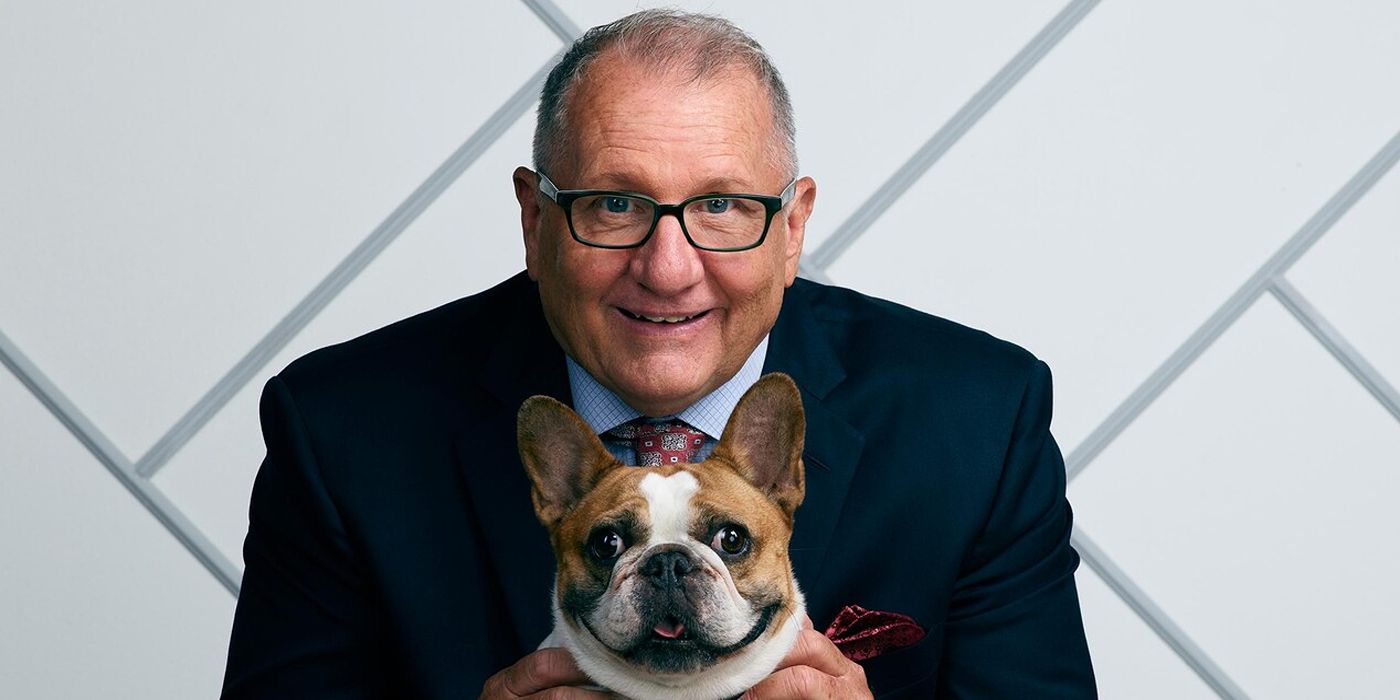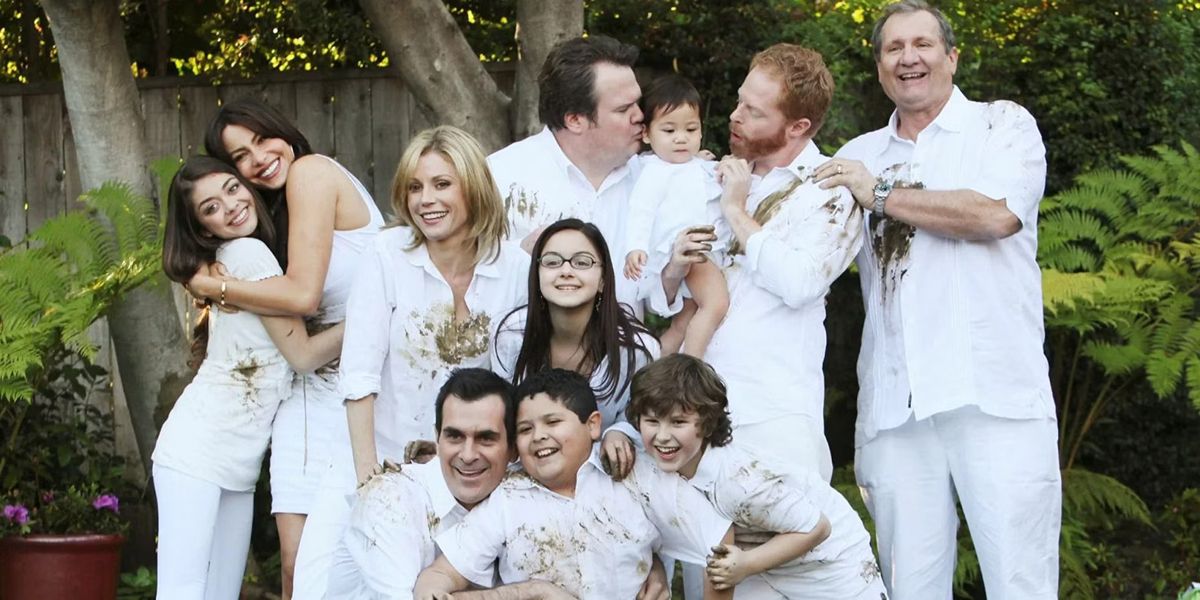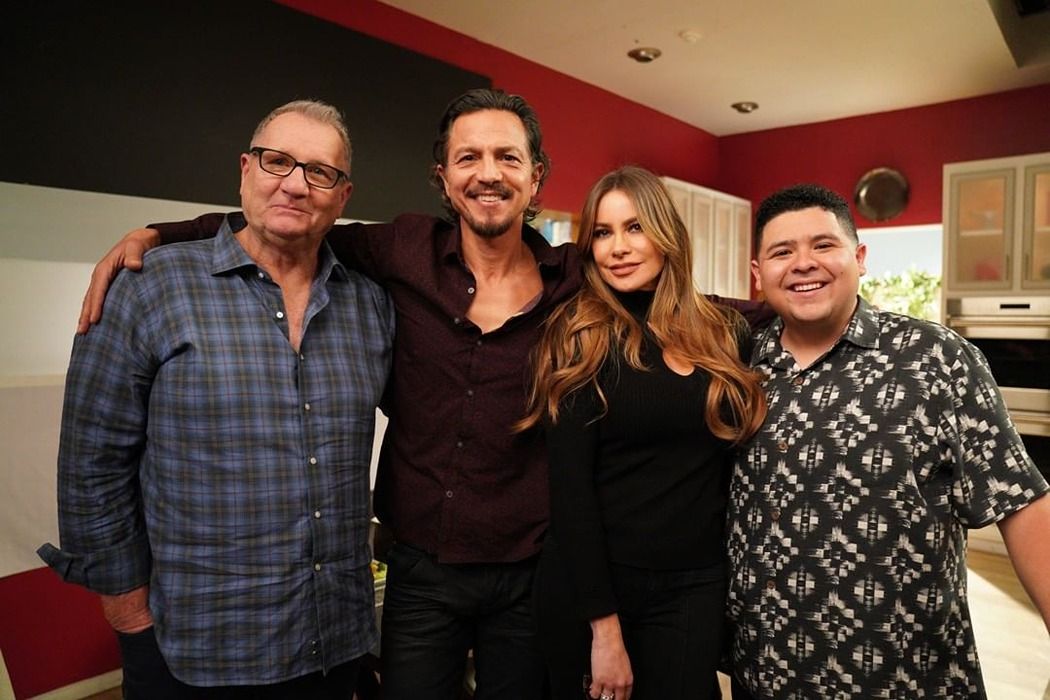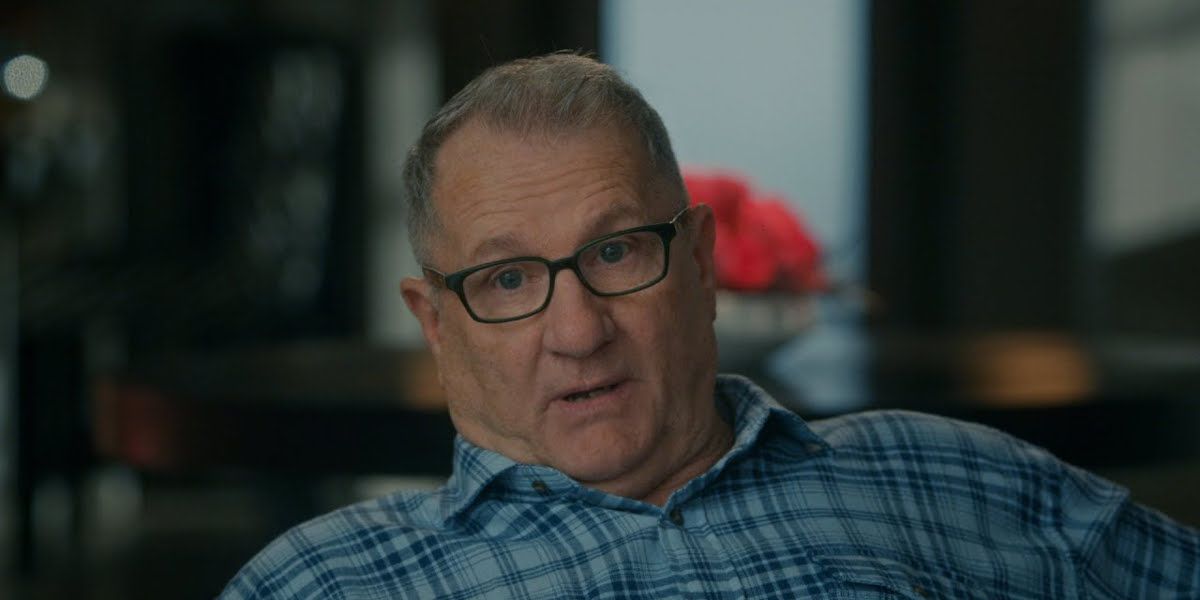Modern Family, a beloved American TV sitcom, is famous for its diverse ensemble and heart-warming storylines. The show’s eclectic cast and modern yet family-oriented theme were often appreciated. Jay Pritchett, the eldest family member, is one of the most interesting characters in Modern Family. Played by one of America’s sitcom legends Ed O’Neill, on the surface, Jay’s character embodies the typical alpha and patriarch attributes. Belonging to the boomer generation, Jay was brought up with traditional ideals of family and masculinity.
But Modern Family viewers were in for a pleasant surprise as they saw his character arc undergo a compelling shift from being the wealthy provider with traditional values to someone with soft vulnerability and an innate willingness to accept change. Over the years, Jay proved to be the most accepting and adaptable, despite his initial discomfort at new things. Through his character, Modern Family tackles LGBTQ issues, ageism, remarriage, fatherhood, work-life balance, and a new version of healthy, evolved masculinity. Here’s making a case for Jay being the unrivaled pinnacle of authenticity among the show’s diverse tapestry of characters.
Jay Pritchett Was a True Family Man
Initially presented as a conventional, affluent patriarch, Jay’s character growth originates from his capacity to examine his own prejudices and adapt to the shifting realities of the modern world. Being a divorced father of two (Mitchell and Claire), a stepfather to Manny with his second wife (Gloria), with whom he later has a son (Joe), Jay was always a rock for his family despite navigating intergenerational and intercultural relationships. This was evident in multiple instances in the show. Not only did he financially support his children from his first and second marriages and help them navigate their careers, but he also grew to be present in the more emotional aspects of their life with time. Despite giving his children’s spouses, Phil and Cameron, a hard time, he eventually developed valuable bonds with them. He was also a standout grandfather to their kids and was there to impart wisdom and support whenever they needed it.
Jay Pritchett Embraced Cultural Change and Outgrew His Unconscious Biases
Jay’s role in Modern Family demonstrates a tremendous path of personal growth when he accepts cultural diversity and confronts his own deeply held prejudices. Despite his initial doubts, he develops a profound and loving connection with his stepson, Manny, becoming the father he never had. Jay sets aside his reservations and embraces Manny’s unique personality and interests (though with a witty quip every now and then), proving that people don’t need to be related by blood to forge true kinship. Another turning point in Jay’s character growth happens as he navigates the complications of his multicultural family. Initially hesitant to change, Jay strengthens his relationships with his adult children through real effort and understanding, moving away from the stereotyped aloof father image and maturing into a caring and actively involved father. He bridges the generational gap with acceptance and understanding within a modern, multigenerational family.
Jay’s growth becomes increasingly apparent when he actively acknowledges his underlying discomfort with his son, Mitchell, being gay. His initial disapproval kept Mitchell from coming out till he was 21. But despite his initial hesitancy and half-hearted acceptance of Mitchell and Cameron, Jay really comes around and develops an elevated level of acceptance and empathy. He makes it a point to actually change by rectifying his behavior. When it comes to accepting Gloria’s Columbian heritage, he goes out of his way to keep their traditions alive — like arranging fireworks on Christmas, rushing through the crowd to get apple pie for Manny and Gloria’s Fourth of July traditions, welcoming Gloria’s huge family and ex-husband warmly, and learning Spanish for her, among other instances. Jay’s sensitivity shines through these moments — where he combines emotional growth with practical steps to overcome these biases.
Jay Pritchett Gave Love a Second Chance
Jay’s marriage to the vibrant and passionate Gloria Delgado becomes a catalyst for his transformation. In Modern Family, Jay comes out of a toxic and unpredictable marriage with his ex-wife, DeDe. By giving love a second chance, Jay is pushed out of his comfort zone and exposed to various cultures, traditions, and ideas through new shared experiences with Gloria. Whether participating in Gloria’s vibrant family celebrations or immersing himself in her Colombian heritage, Jay learns to embrace the beauty of diversity and spontaneity. Their journey as a couple is filled with laughter, adventures, and a deepening bond, highlighting Jay’s willingness to step outside his familiar boundaries and grow as an individual. The dynamic between Jay and Gloria is a testament to the power of love and the transformative nature of new experiences.
Jay Pritchett Left Unhealthy Gender Roles Behind
Jay’s maturation is evident in his changing attitudes toward gender roles and conventional masculinity. Jay was always there to mentor his family members, supporting them through difficult times. As the series unfolds, he questions societal standards and wholeheartedly supports Gloria’s dreams and independence. Whether encouraging her to pursue her hot sauce business or going after her dream of becoming a realtor, Jay gracefully stands by her side as she tackles challenges and takes up the role of homemaker in the last few Modern Family seasons. Jay’s readiness to accept Gloria’s assertive side and applaud her accomplishments goes against traditional gender stereotypes. He recognizes the strength and value of Gloria’s independence and fiery personality, demonstrating his progressive mindset and showcasing his personal growth as a character. Through Jay’s evolving perspective on gender roles, Modern Family challenges traditional notions and celebrates the importance of equality and mutual respect in a modern relationship.
Jay Pritchett’s growth and self-discovery in Modern Family are interesting, to say the least, and had TV viewers hooked from start to finish. His transformation from a conventional, affluent patriarch to an open-minded, emotionally sensitive, and adaptable individual makes him the show’s most evolved character. Jay’s willingness to confront his own biases, embrace diversity, navigate complex family dynamics, and challenge societal norms sets an inspiring example for viewers. His growth not only enhances the show’s plot but also encourages audiences to embrace personal growth, question their own beliefs, and foster compassionate relationships within their own families.





